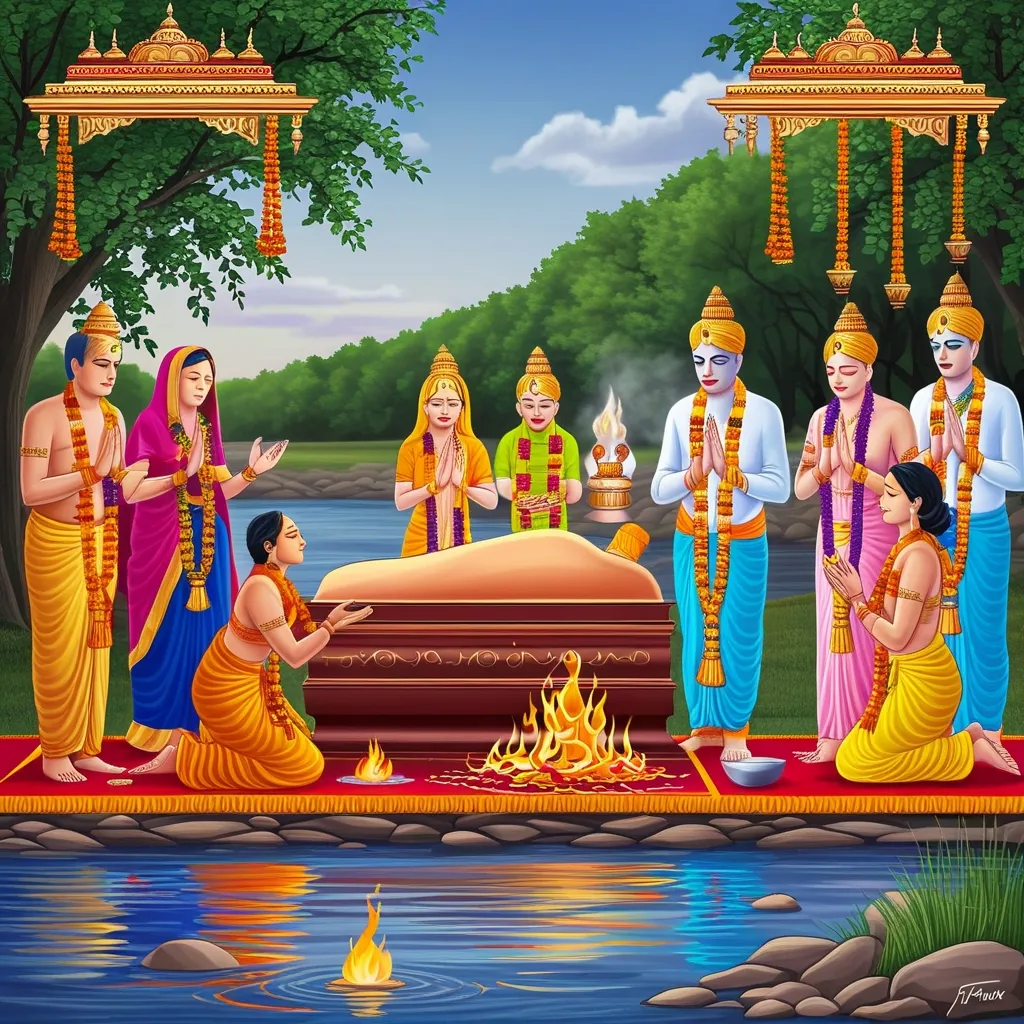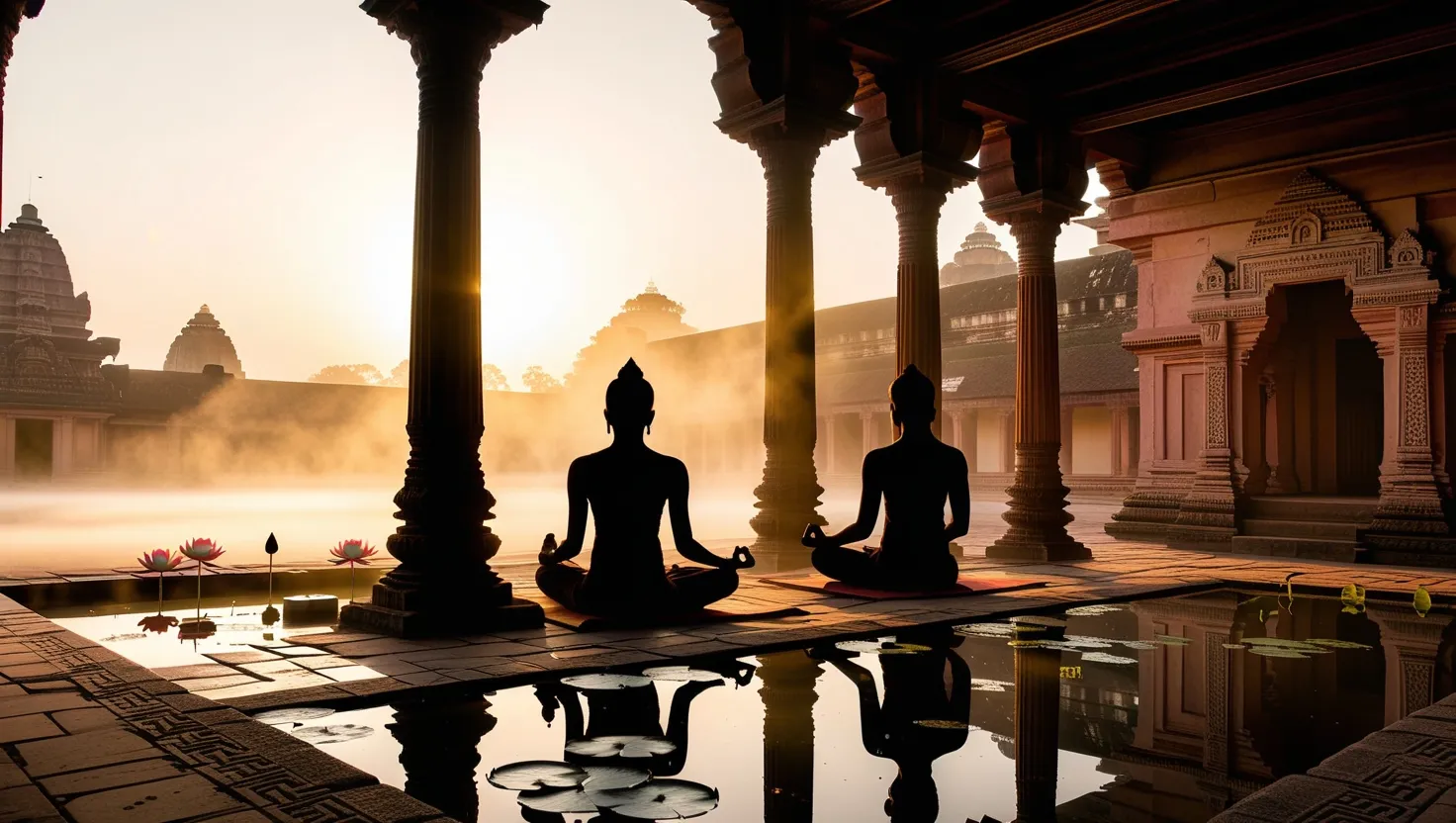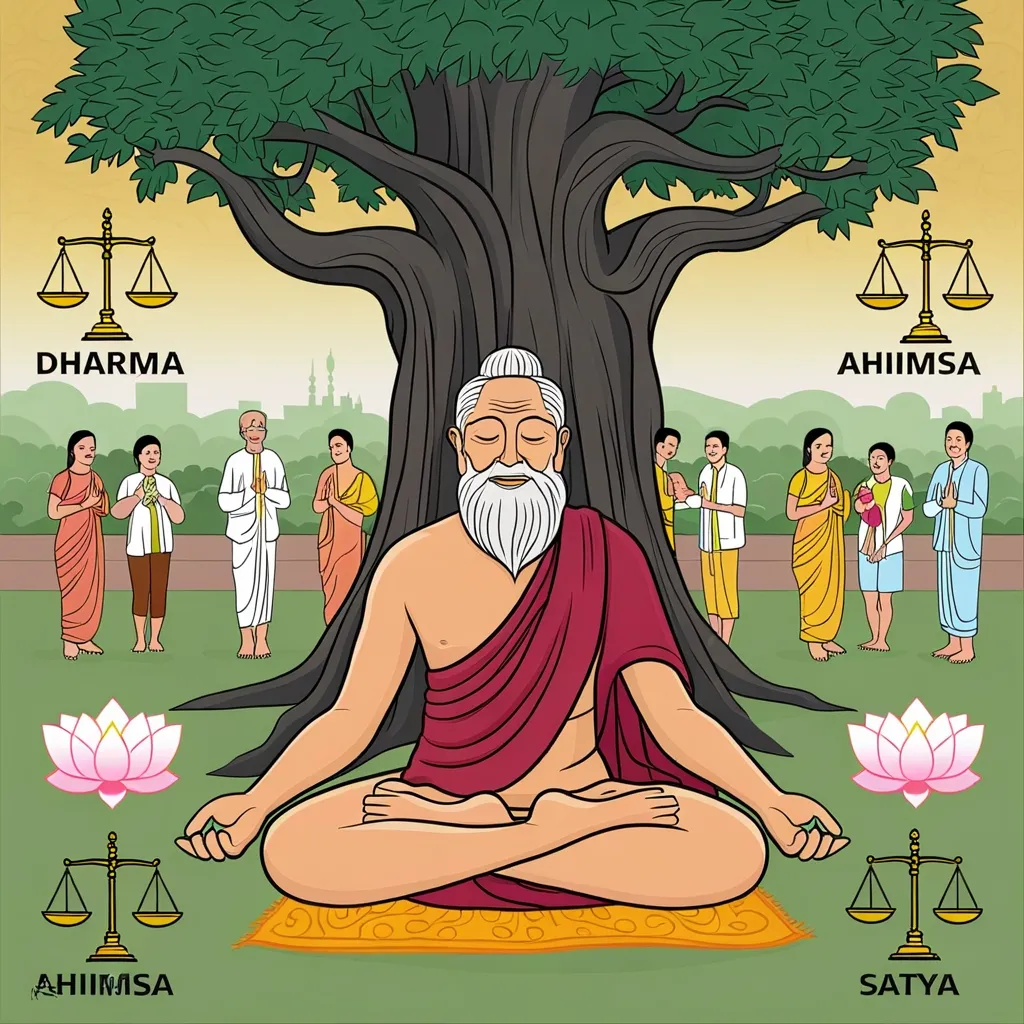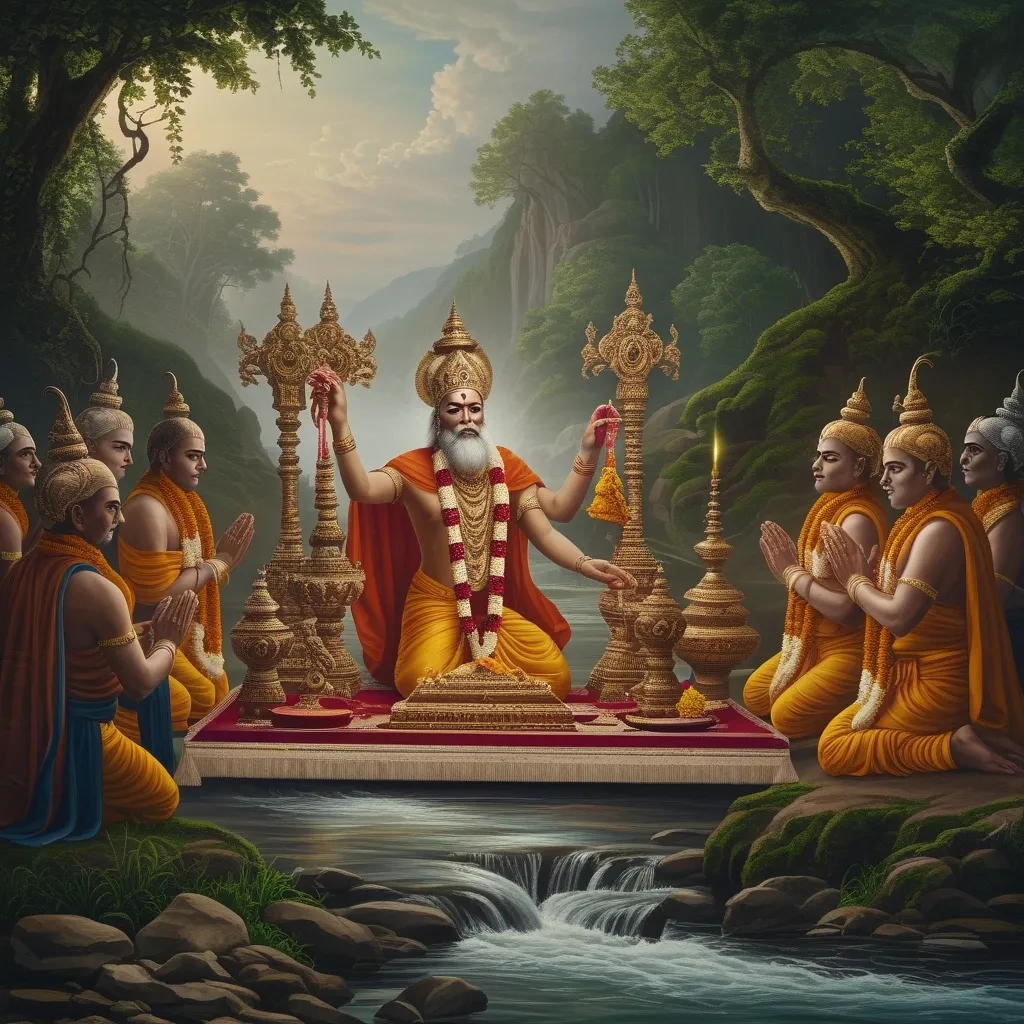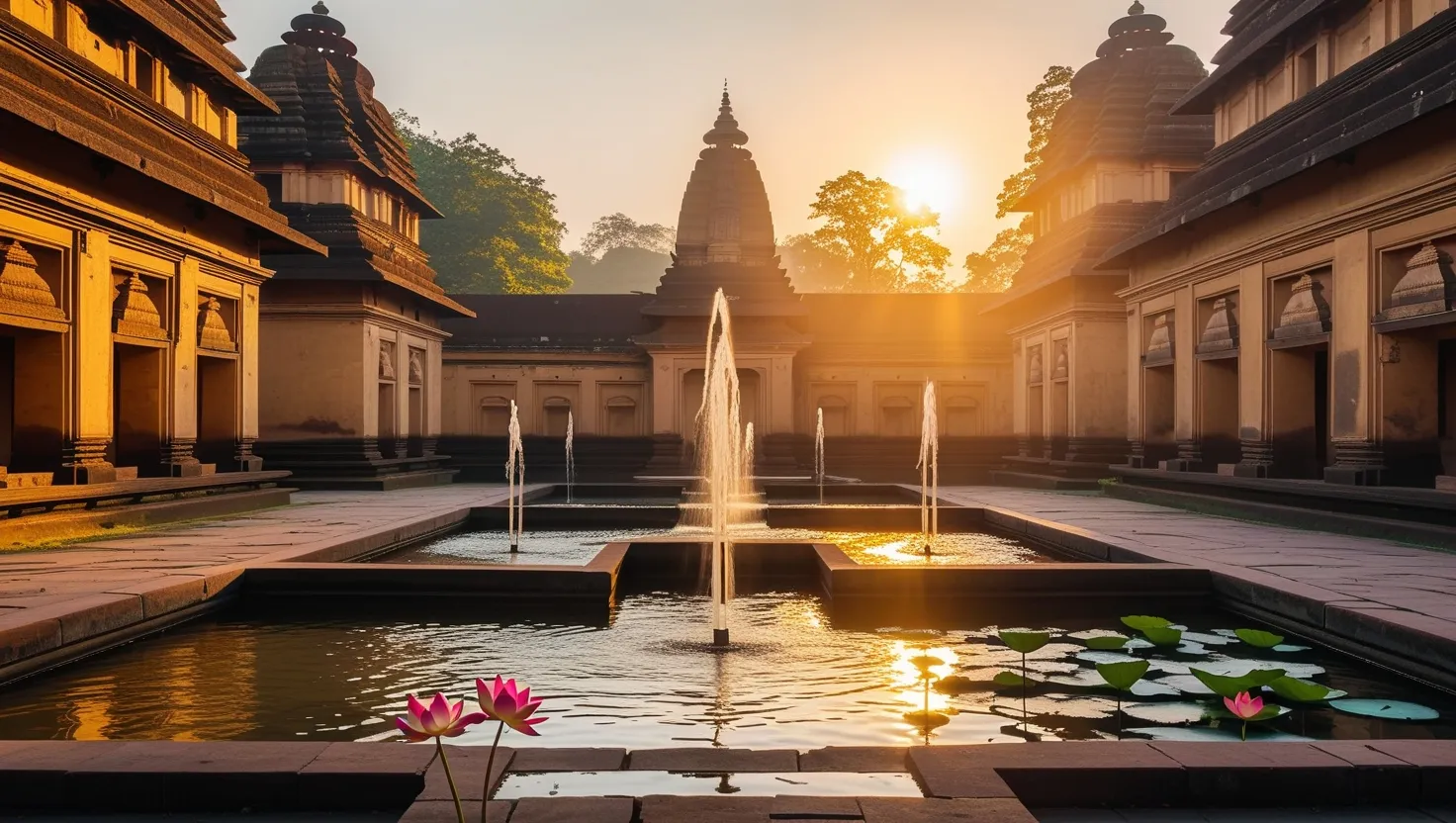Hindu traditions surrounding death and the soul’s journey to the afterlife can seem both intricate and profound. In Hinduism, death is considered not an end but rather a step in a vast cosmic cycle of birth, death, and rebirth. This belief is deeply ingrained in the culture and rituals, particularly derived from ancient Vedic texts like the Yajur Veda, which serves as a guiding beacon for the entire funeral process and the soul’s journey.
Alright, let’s dive into it. When death knocks on the door, the immediate priority is the preparation of the body. It’s not just about cleaning up; it’s a sacred act. The body is washed, shrouded, anointed, and adorned with garlands in the presence of the family. It sounds somber yet serene. Each action is symbolic, prepping the body for its final journey. The body is then placed on a cot and carried out of the house headfirst. Fun fact: this mimics the birth process, creating a full circle moment, both poignant and poetic.
Cremation sits at the core of Hindu funeral rites. It’s where the body, laid on a pyre of logs, is set on fire, typically by the eldest or youngest son. While the flames rise, Vedic mantras get recited in the background, guiding the soul onto its next adventure. It’s a transformative ritual, returning the body to the elements - earth, water, fire, air, and ether. Think of it as the ultimate giving-back-to-nature ceremony.
Kapala Kriya is one term you might not hear every day. During the cremation, there’s a critical moment when the chief mourner pierces the burning skull with a stave. This isn’t just some ritualistic quirk; it’s believed to release the soul from the body. The theory is that where the soul exits the body matters a lot. The top of the head? That’s VIP access to a higher spiritual realm. The anus? Let’s just say it’s not as spiritually prestigious.
After the body is reduced to ashes, the family dives into a mourning period that usually lasts about 13 days. It’s a reflective time filled with specific rituals aimed at easing the soul’s transition. Picture this: no food for the first three days, and on the third day, a dough ball (piṇḍa dān) is released into a river. This act symbolizes the soul embarking on its new journey. Every day has its own significance, closely mimicking the gestation period of a fetus, and by the tenth day, it’s believed the soul is ready for reincarnation.
Family and rituals go hand in hand in Hindu funeral ceremonies. The final rites are their chance to shower gratitude and divine grace on the departed. These deeply respectful ceremonies (known as sraddha) are typically conducted by the son or a male relative. However, karma plays a big role here. Rituals themselves don’t change the soul’s destiny, which is shaped by its past deeds. The ceremonies, instead, help the family honor and bid a proper farewell to their loved one.
Once the body is cremated, the ashes are taken for immersion, ideally within a day, in flowing water. This practice symbolizes the body’s return to nature. The 13 days following the cremation are filled with various ceremonies—feeding cows, Brahmins, and taking ritual baths. These acts aren’t merely traditions; they’re believed to uplift the departed soul and offer solace to the grieving family.
The traditions don’t end with the immediate funeral rites. There are annual ceremonies like Varshik Shraddha, where the departed soul’s arrival in Yama Loka (the mythological realm of the dead) is celebrated. Special rites like Narayan Bali Yagya are performed for souls that experienced unnatural or accidental deaths. If for some reason the initial rites are delayed or not performed, Rahee Kriyas come into play to make amends.
These rites and rituals aren’t just old customs; they’re deeply spiritual exercises meant to ensure the soul’s positive evolution. By chanting Vedic mantras and performing rituals like Shanti Path and Vishnu Sahasranam, peace is bestowed upon the departed soul, guiding it smoothly on its journey.
When you take a step back and look at this complex yet fascinating mesh of rituals, it’s clear that Hindu funeral practices are more than just acts. They’re deeply rooted in an unwavering belief in the continuity of life beyond death. By meticulously following these rituals, guided by the Yajur Veda, families find a way to honor their departed loved ones, seek divine grace, and ensure that the soul transitions smoothly into its next life.
